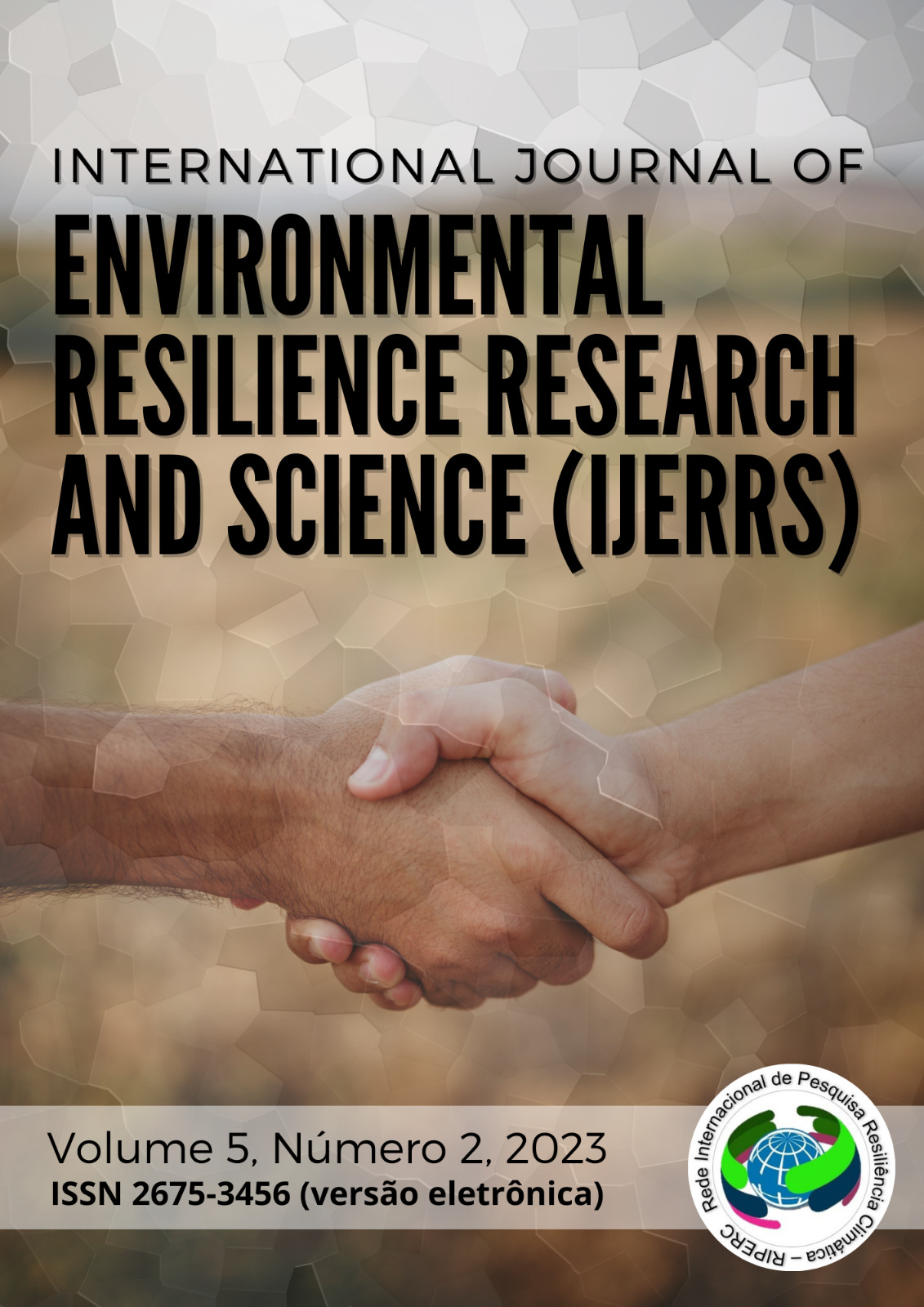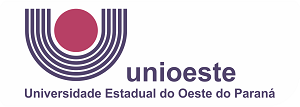Projeção de Cenários de Riscos para Desastres Naturais através de Inteligência Artificial para Continuidade das Atividades dos Negócios
DOI:
https://doi.org/10.48075/ijerrs.v5i2.32238Resumo
A crise da COVID-19 expôs a suscetibilidade empresarial a desastres naturais, ressaltando a essencialidade da gestão de riscos e continuidade dos negócios, conforme diretrizes da ISO 31000 e NFPA 1600. O aumento quíntuplo de desastres naturais em meio século, com o crescimento substancial dos custos econômicos quando ocorrem, exemplificado pelo furacão Katrina, realça a importância da resiliência empresarial. Com a possibilidade de uma tempestade solar conforme apontado em estudos da Universidade George Mason (USA), que pode desligar a internet por meses em 2024, aumenta a importância da implementação de planos para recuperação empresarial, uma vez que pode comprometer severamente a sobrevivência das empresas em pós-desastres. Investimentos em estratégias de resiliência, incluindo ferramentas digitais e análise de projeção de cenários futuros, são cruciais para mitigar interrupções e perdas. Diante deste cenário, o presente artigo aponta que a integração de práticas de gestão de riscos para as empresas pela lente do Design Estratégico com o auxílio da Inteligência Artificial (IA), é imperativa para a sustentabilidade empresarial face a fotografia de crescentes adversidades empresariais face a fotografia de crescentes adversidades.
Downloads
Publicado
Como Citar
Edição
Seção
Licença
Copyright (c) 2023 International Journal of Environmental Resilience Research and Science

Este trabalho está licenciado sob uma licença Creative Commons Attribution-NonCommercial-ShareAlike 4.0 International License.
Aviso de Direito Autoral Creative Commons
Política para Periódicos de Acesso Livre
Autores que publicam nesta revista concordam com os seguintes termos:
1. Autores mantém os direitos autorais e concedem à revista o direito de primeira publicação, com o trabalho simultaneamente licenciado sob a Licença Creative Commons Attribution que permite o compartilhamento do trabalho com reconhecimento da autoria e publicação inicial nesta revista.2. Autores têm autorização para assumir contratos adicionais separadamente, para distribuição não-exclusiva da versão do trabalho publicada nesta revista (ex.: publicar em repositório institucional ou como capítulo de livro), com reconhecimento de autoria e publicação inicial nesta revista.
3. Autores têm permissão e são estimulados a publicar e distribuir seu trabalho online (ex.: em repositórios institucionais ou na sua página pessoal) a qualquer ponto antes ou durante o processo editorial, já que isso pode gerar alterações produtivas, bem como aumentar o impacto e a citação do trabalho publicado (Veja O Efeito do Acesso Livre).
Licença Creative Commons
Esta obra está licenciada com uma Licença Creative Commons Atribuição-NãoComercial-CompartilhaIgual 4.0 Internacional, o que permite compartilhar, copiar, distribuir, exibir, reproduzir, a totalidade ou partes desde que não tenha objetivo comercial e sejam citados os autores e a fonte.









